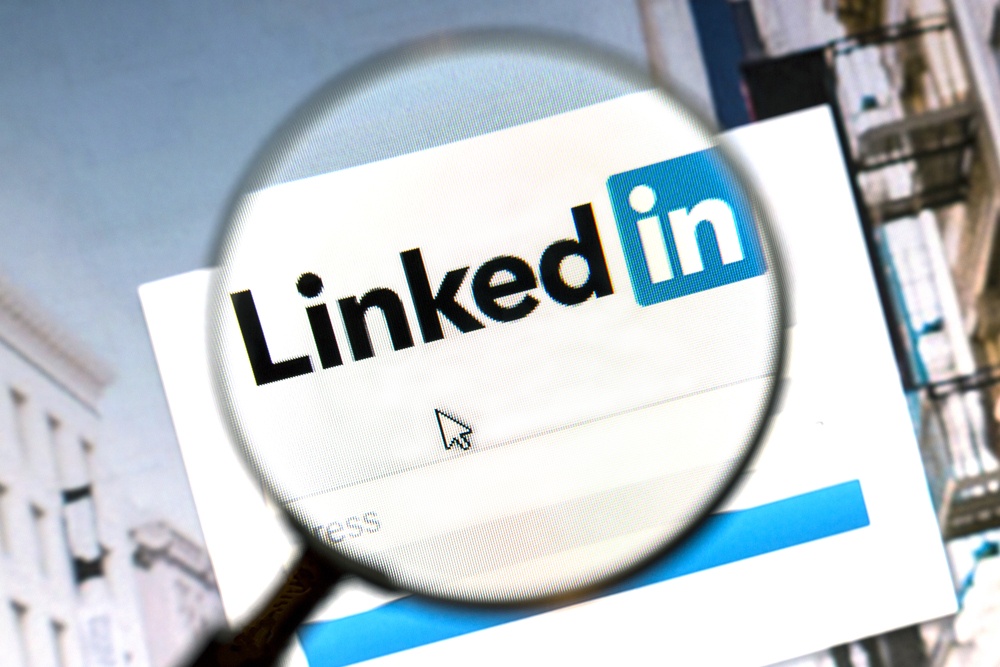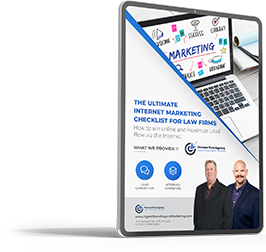
Social media has evolved to become one of the most powerful tools for business. These days, when people think about brand promotion, it is inevitable that attention will turn to social media – with good reason, too. Around 78 percent of the American population have at least one social network profile (according to Statista). These platforms clearly command the bulk of consumer attention.
Facebook, Twitter, and LinkedIn are among the top 20 most visited websites on the planet, as ranked by Alexa. These highly popular websites have a domain authority of between 99 and 100 – an almost impossible achievement for most websites in existence. Fortunately, there are opportunities to leverage these social platforms and benefit from the astounding user attention and internet authority. They play an important role in your link building a website traffic growth strategy.
Choosing the Right Platforms
There are hundreds of social media platforms. At any given moment, a new one might pop into existence and suddenly become the next “hot” thing within popular culture. As an insurance agent, it is important to avoid the temptation to follow these trends. You need to identify the platforms that suit your agencies core strategy and focus your attention there.
A good strategy is to determine the platforms most frequented by your primary target demographic. For example, if your insurance products are designed for millennials, Facebook and Instagram would be fertile ground for your social marketing efforts. If your target demographic were the professional or business-minded crowd, however, LinkedIn would make more sense.
With that said, it is a good idea to try and build a presence on all the major social media platforms – Facebook, Twitter, LinkedIn, and Google Plus. Not only will that serve to increase your brand’s visibility across the internet, but it may also help to boost your SEO efforts.
Social Media and SEO
SEO and social media marketing (SMM) are two tightly woven strategies. But there is still much confusion about how the two fit together. Many marketers were under the impression that Google factored social signals into their ranking factors. That turned out not to be the case.
According to Matt Cutts, Head of Google’s Web Spam Team, the search algorithms do not take into account things like tweets and Facebook posts when determining how to rank a website. That news certainly helped to quell some confusion, but it was disappointing to many who put a great deal of effort into SMM. So, if social media doesn’t impact SEO, is the effort worthwhile?
The answer to that question is a resounding yes! While the content shared on social networks might not have a direct impact on your SEO efforts, it can have a tremendous impact on your overall goals. One often overlooked aspect of search engine optimization is authority. Authority is one of the top-ranking factors in the eyes of Google. So, building internet authority should be one of your primary goals – something which social media facilitates perfectly.
You build authority by consistently sharing high-quality content and providing great service. When Google sees that people value your content and your website, they will most likely pay more attention to your businesses activities.
Both SMM and SEO focus are inbound, organic strategies. The aim is to attract visitors naturally. While Google might not place much weight on the backlinks from social media, the high-quality content and strong brand presence will multiply your SEO efforts.
{{cta(’12bb2c7e-fc2f-459e-ba66-8d2e552df854′,’justifycenter’)}}
Traffic Generation Tactics
Matt Cutts also stated that there are valid reasons to be active on various forms of social media platforms. As well as the those already mentioned above, one that Matt talks about is social media’s ability to bring traffic to your website.
As with all your online marketing efforts, the aim is to direct prospects back to your agency website and ultimately on to becoming a paying client. On social media, the primary vehicle for that is via links in the content you share. Hyperlinking is the core driver of the World Wide Web. Google’s algorithms rely on links to help determine the best search results to display, and links play an important role in user’s online experience.
Sharing valuable, insightful, and high-quality content across social networks serves two primary purposes. Firstly, it allows you to develop credibility within your area of specialization. The more useful content you share, the more people will see you as an expert on certain topics.
Secondly, the content allows you to grow your audience, and in turn, increase your website traffic. As people begin to see more content from you, they will start to pay more attention to you: They will interact with your content by commenting, liking, retweeting, etc. And, they will be more inclined to click on links within your content.
Driving visitors back to your main website should not be the main goal for social media. But in time, you can expect more site visitors via the links you post on social media.
It’s Free, But You Must Pay
One of the great things about social media is that it is mostly free. Anyone can set up a profile and a business page, start sharing content and reap the benefits of the social network’s popularity. At least, that is how it used to be. It is becoming increasingly difficult these days to achieve organic success on social media without the help of some paid boosts.
Facebook began suppressing companies organic reach since as far back as 2014, according to an article published on Gawker. That meant companies could no longer reach all their audience with free posts; they had to start paying Facebook to get content boosted. It does not seem like the other major platforms have taken such drastic action, but it is probably a good idea to use a portion of your marketing budget on social media marketing.
Paid advertising options are available on pretty much all the social media platforms. Using these options will help to multiply your social media marketing efforts and ensure you reach your goals faster.
Wrapping Up
Social media is hugely beneficial to the growth of your business. While it may seem at first that Google’s stance on social media means it is not great for link-building, over time all your social media efforts will combine to result in a nice boost for your SEO efforts overall. That, in turn, means higher page rankings, greater brand visibility, and more traffic to your website.





